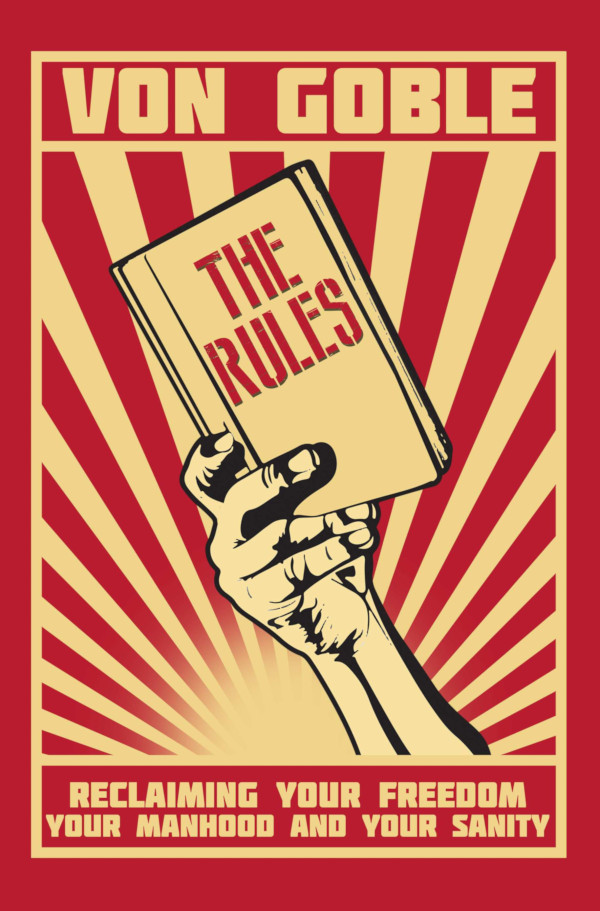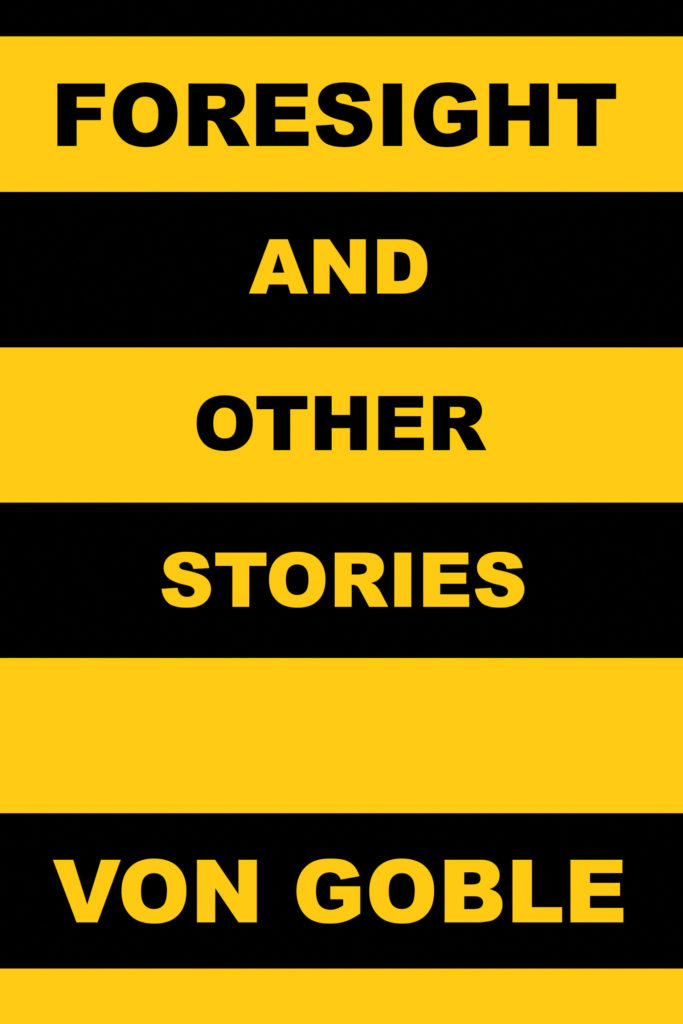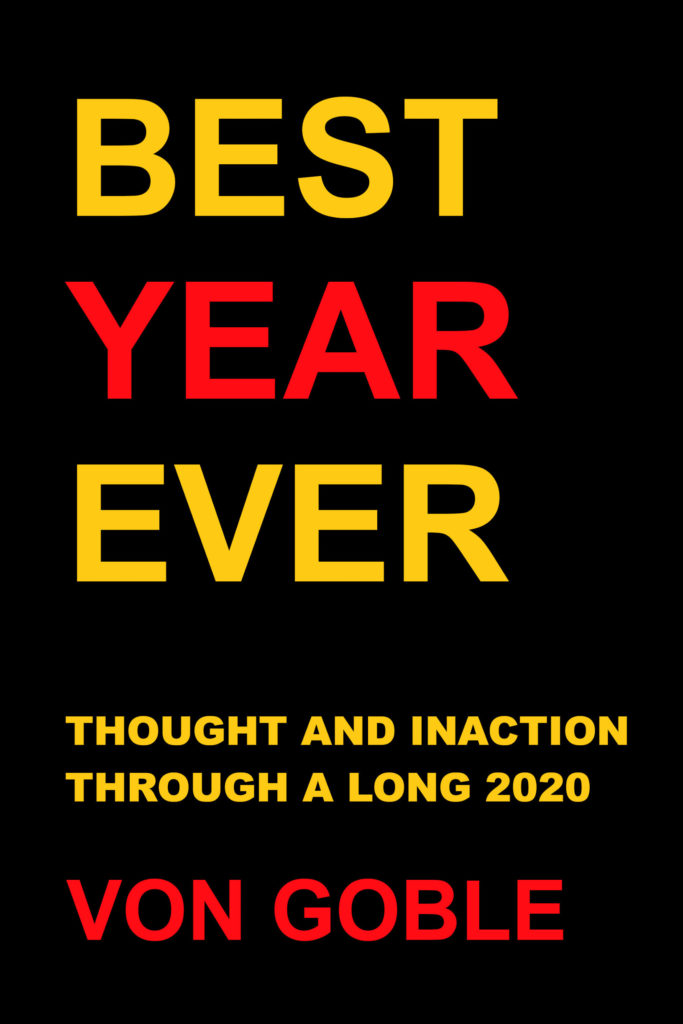The last 600 years—the totality of modern history—were an invention of the West. Art, industry, law, music, philosophy, science, and technology—there was no field of consequence we did not dominate. From Shakespeare, Beethoven, and Nietzsche to Newton, Poincaré, and Watson and Crick, almost every thinker and doer of note was a product of Western schools, families, and genius. And the few who were not—Satyendra Nath Bose (of the Bose-Einstein condensate), for one—were largely educated in the European tradition. Apart from Japan’s appearance on the world stage during the Meiji Restoration (with an attendant victory in the Russo-Japanese War) and her post-WWII development into a powerhouse of technological development, there were no major challenges to Euro-American hegemony until the concluding few decades of the 20th century.
Then things changed. Korea rose, establishing that one neither need be of European descent nor Japanese to build a decent microwave oven. The Chinese proved that they could make anything (with foreign guidance). And the Portuguese empire, which began in 1415, ended with the handover of Macau to the People’s Republic. Such was the closing of an era.
Still, we could maintain our claims of unquestionable preeminence. They might be weaker than they were in our days of wine and roses, but there was no one ready to replace us, and after the fall of the Soviet Union, nothing to impede us. America might not have colonies, but she garrisoned the globe, and extraordinary air power had served the national interest well since the storied days of General Curtis LeMay.
Even the attacks of September 11 did less to undermine Americans’ faith in occidental supremacy than to reinforce the idea that America could win—could impose democracy, peace, capitalism, and socially progressive ideals upon the target of our choice—if she but took off her gloves. Take them off she did. If the 1990s were the age of irrational exuberance for the financial markets, the 2000s were one of similar enthusiasm for the surveillance state, the special operative, the torturer, and the warfighter.
And that brings us to the present—2021—the withdrawal from Afghanistan is complete. The government we built and subsidized did not last long enough to bid us a fond farewell. When Britain departed India, the language, courts, and bureaucracy remained. When Portugal returned Macau, casinos, Catholicism, and tapas hung back. And when the French abandoned Vietnam, baguettes and coffee stood strong with the people.
What of Afghanistan? What have we left there? What remains but craters, toxic detritus, and arms (both large and small)? This—the absolute failure of the West’s final attempt at imperialism—is the most significant event in centuries. It shows what we cannot do. It elucidates what we cannot change and whom we cannot influence.
We abandoned our bases in the night. We packed up, turned off the lights, and flew home. Victors do not do this. They do not forsake their accomplishments as easily as that.
What of the future? Our long 2020, much like the long 19th century, may extend well beyond its chronological terminus, not concluding until 2035. By then, every major advantage the West has will almost certainly be matched by another people, if not many other peoples. This is wonderful. This is the best of news.
Now, we need care for no one else. The empire is dead. Even the illusion of empire has shattered. Our elite will delude themselves for some time still. Let them. Feed their idiocy, cultivate it, and turn it against them. They are a blight. The universe needs no masters, and billions of lives will improve once these masters are gone.
As for us, the American people, we must know this: These are good times, and they are getting better, despite protestations to the contrary.
Because these are the best years ever.
Buy Best Year Ever today.


The Rules
The Rules is a philosophy and self-inquiry text designed to help readers develop mental discipline and set life goals. It does this by way of guided readings and open-ended questions that facilitate the rational and systematic application of each Rule.
Put another way: The Rules is a book designed to help men survive and thrive in the West.
Foresight (And Other Stories)
Four tales across time and distance. Always satirical and frequently dark, this collection considers the breadth of isolation and the depth of connection.
Brant von Goble is a writer, editor, publisher, researcher, teacher, musician, juggler, and amateur radio operator.
He is the author of several books and articles of both the academic and non-academic variety. He owns and operates the book publishing company Loosey Goosey Press.










Brant, that’s an interesting perspective. It’s interesting that 2035 is projected to be the year China overtakes us. 2035 is also the projected year of the coming Technical Singularity.
Kind regards
Interesting! I was not aware of that; however, I could see those events occurring concurrently, with the likelihood being even greater if China continues to invest heavily in artificial intelligence.
Brant, that's an interesting perspective. It's interesting that 2035 is projected to be the year China overtakes us. 2035 is also the projected year of the coming Technical Singularity.Kind regards
The illusion has always been an illusion. Russia is ofc underrated though it gave the world its literature and many pioneering technical breakthroughs (the periodical system of elements, virology, radio, to name a few). But that’s me and my butthurt Slavic soul, let’s look eastwards. China and Asia-Pacific. Even for me it used to be a white elephant or a black elephant in a dark room. We, and I mean we, white people, not even the West, don’t see half of the world that has developed several syllable-based writing systems that are actually used by more people than our phonetic alphabets. We disregard half of the world that had its breakthroughs that pulled the world from the Sone age: gun powder (yet, not guns, fireworks), porcelain, silk, paper, medicine, exercise systems, military strategies put to paper, martial arts, philosophy, art, music, agriculture fitting the climate, architecture and literature that is oddly unsentimental and yet covertly straightforward (i mean it). While it doesn’t seem to exist for the West, it apparently adds to the overall knowledgebase of humanity that, like it or not, surrounds us, feeds us. This way of thinking and exploring the world and making changes dominates half of the world’s population. Now, the greater Middle East. Let’s travel 5000 years backwards. Egypt. All the art we now know as ours, as familiar and intuitively understandable, is based on the expressive style generated there, not even in Greece. Postures used in icons and status till the date, some gestures we still use without knowing their original meaning. It is intertwined with our culture and with that of the modern Middle East. Speaking of the ME proper: mathematics, both their own and translated from Greek sources while Europe was collecting itself after conquering Rome and democratizing the first Republic into barbarianism, Arab architecture, art that managed without nudity, poetry (Omar Khayam, Nizami Ganjavi), tales that fascinate us till the date, hygiene (yes), astronomy.
Well, nuff said)
The illusion has always been an illusion. Russia is ofc underrated though it gave the world its literature and many pioneering technical breakthroughs (the periodical system of elements, virology, radio, to name a few). But that's me and my butthurt Slavic soul, let's look eastwards. China and Asia-Pacific. Even for me it used to be a white elephant or a black elephant in a dark room. We, and I mean we, white people, not even the West, don't see half of the world that has developed several syllable-based writing systems that are actually used by more people than our phonetic alphabets. We disregard half of the world that had its breakthroughs that pulled the world from the Sone age: gun powder (yet, not guns, fireworks), porcelain, silk, paper, medicine, exercise systems, military strategies put to paper, martial arts, philosophy, art, music, agriculture fitting the climate, architecture and literature that is oddly unsentimental and yet covertly straightforward (i mean it). While it doesn't seem to exist for the West, it apparently adds to the overall knowledgebase of humanity that, like it or not, surrounds us, feeds us. This way of thinking and exploring the world and making changes dominates half of the world's population. Now, the greater Middle East. Let's travel 5000 years backwards. Egypt. All the art we now know as ours, as familiar and intuitively understandable, is based on the expressive style generated there, not even in Greece. Postures used in icons and status till the date, some gestures we still use without knowing their original meaning. It is intertwined with our culture and with that of the modern Middle East. Speaking of the ME proper: mathematics, both their own and translated from Greek sources while Europe was collecting itself after conquering Rome and democratizing the first Republic into barbarianism, Arab architecture, art that managed without nudity, poetry (Omar Khayam, Nizami Ganjavi), tales that fascinate us till the date, hygiene (yes), astronomy. Well, nuff said)
I agree that non-Western civilizations should be recognized for their significant achievements in science, technology, culture, law, and the arts. I am acutely aware of the many accomplishments of the Chinese people. The language (which I can read to a very limited extent) has an admirable concision and a complex visual structure that allows for certain visual puns and associations that would be challenging to convey in an alphabetic language. Nevertheless, I stand by my assertion that the last 600 years (not the totality of human history) were so dominated by Western culture that the works of other peoples during this time were comparatively minor.
The distinctly Western shaping of modernity is partially a result of the progress of the Enlightenment and just as much a result of the gross mismanagement of China by the Qing dynasty, which was so focused on stability that it suppressed exploration and technological development and emphasized deference to existing scholarship over original research. As for most of the discoveries and inventions you mention—gunpowder, paper, advanced strategy, and Egyptian art—they were developed or discovered more than 600 years prior to the present year. These contributions to the totality of human knowledge, while noteworthy, occurred outside of the timeframe considered in my essay.